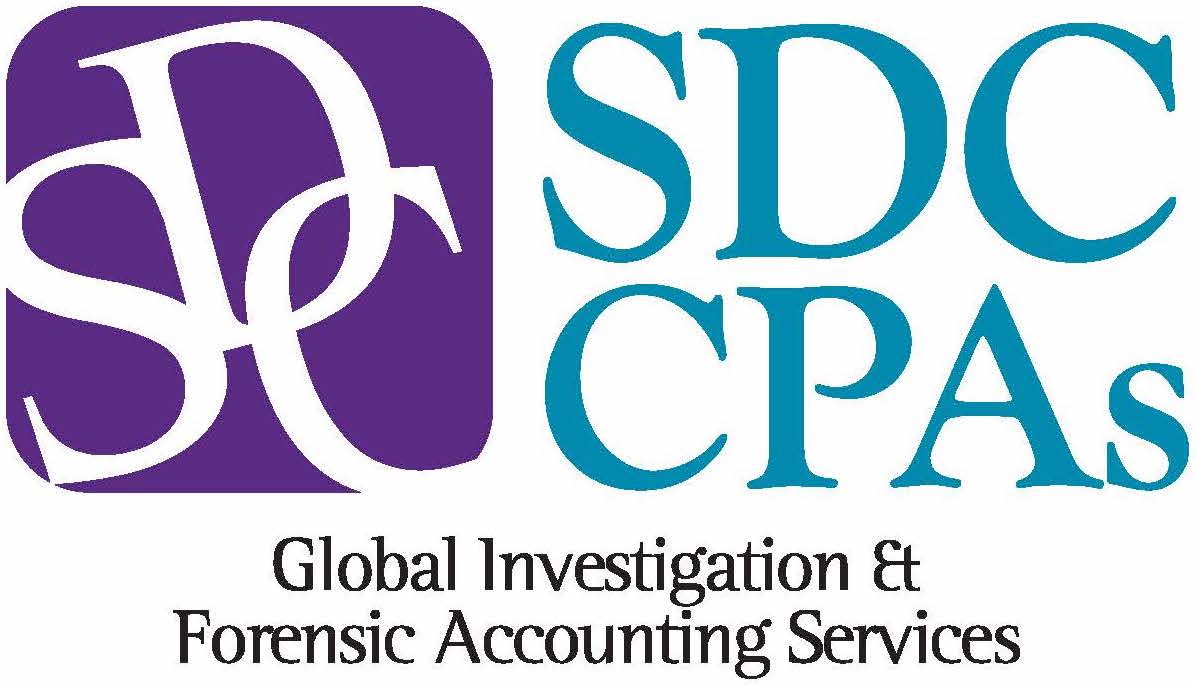In March 2020, business travel grinded to a halt. As the COVID-19 pandemic spread across the globe, 86% of people surveyed by TravelPerk, a business travel management company, cancelled their plans for business travel due to flight restrictions, travel bans, and lockdowns. The trickle-down effect of cancelling flights impacted the entire travel and hotel industry.
Fast forward two years later to 2022 and travel has finally started taking off again. By April 2022, 85% of surveyed US companies were planning corporate trips again. TravelPerk estimates by the end of 2024 travel will nearly hit pre-pandemic levels with $1.4 trillion in spending. With airlines and hotels offering loyalty programs that provide travel rewards or points, frequent business travelers can rack up a lot of points. While smaller companies often let their employees book their own travel and accumulate rewards individually, larger companies may use a travel department to coordinate travel and pay expenses. That leads to questions surrounding travel rewards and the possibility of employees traveling on your dime.
As a forensic accounting company, SDC frequently sees fidelity insurance claims involving the misappropriation of travel rewards or credit card points. One example of such a claim is an employee who enrolls an employer in hotel, rental car, and airline rewards programs. The employee is then able to rack up enough points to provide travel perks for themselves, friends, and family: free hotel stays, rental cars, and flights. It may seem like this isn’t an actual loss to the employer, but the travel accrued an asset to the company, which was then diverted. Vox Media, a news and opinion website, recently sued a former employee, alleging he diverted at least $210,000.00 in airline travel rewards and credit card points for personal use.
Loyalty program fraud can happen for several reasons. Many of those reasons are at the roots of lots of employee theft schemes. An employee who feels overworked, undervalued, and underpaid might decide to give themselves a little bonus. They might not even realize that what they’re doing by using company loyalty points can be viewed as theft.
Catching employees committing loyalty fraud first requires an awareness of the problem. Companies can evaluate the potential problem by:
- Reviewing policies and procedures. Often large companies don’t have policies or procedures to track rewards and the use of rewards. Does your company track reward points? If so, how?
- Determining who actually uses the rewards.
- Thinking about how you can monitor your employees’ travel rewards and track the rate at which those rewards are used.
- Educating your employees. Make sure employees know the policies and procedures your company has in place regarding travel points.
- Knowing your employees. If an employee is suddenly seeming to “live beyond their means” by taking frequent vacations, this may be a sign of misappropriation of travel points.
Employers have multiple demands on their time and attention. Therefore, employee loyalty fraud can easily go unnoticed. By implementing a system to track and monitor travel rewards and credit card points, employers can try to mitigate and prevent future misappropriation of those rewards.
_______________
Nass, Doug and Cornelius Hattingh. “Miles and Points: The New Currency of Travel Fraud.” ARC, July 29, 2019. https://www2.arccorp.com/articles-trends/the-latest/miles-and-points-the-new-currency-of-travel-fraud/. Last accessed November 2, 2022.
TravelPerk. “Impact of COVID-19 on Business Travel: 50+ Post-Pandemic Stats.” TravelPerk, June 17, 2022. https://www.travelperk.com/blog/covid-19-business-travel-post-pandemic-stats/. Last accessed October 5, 2022.


